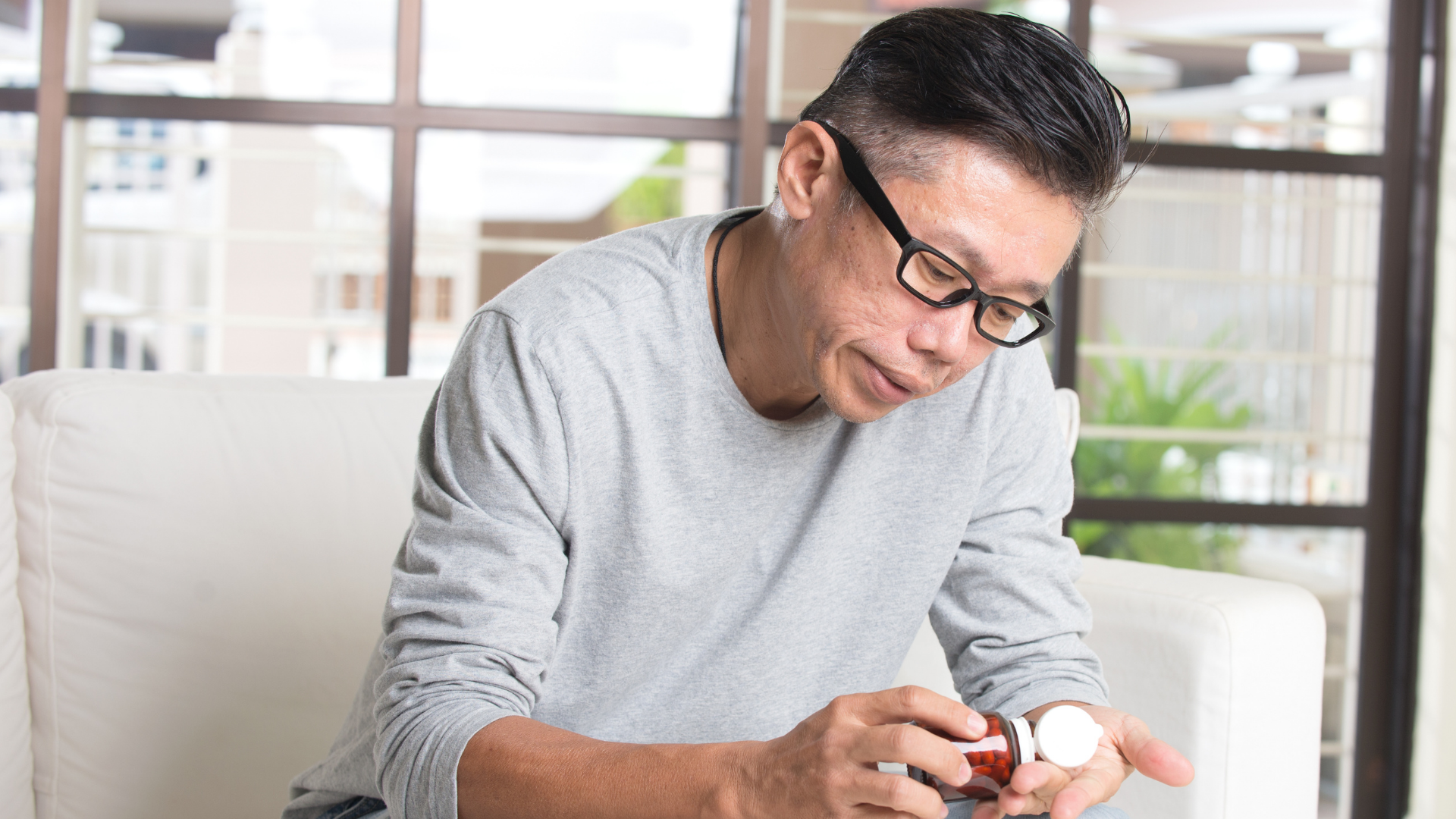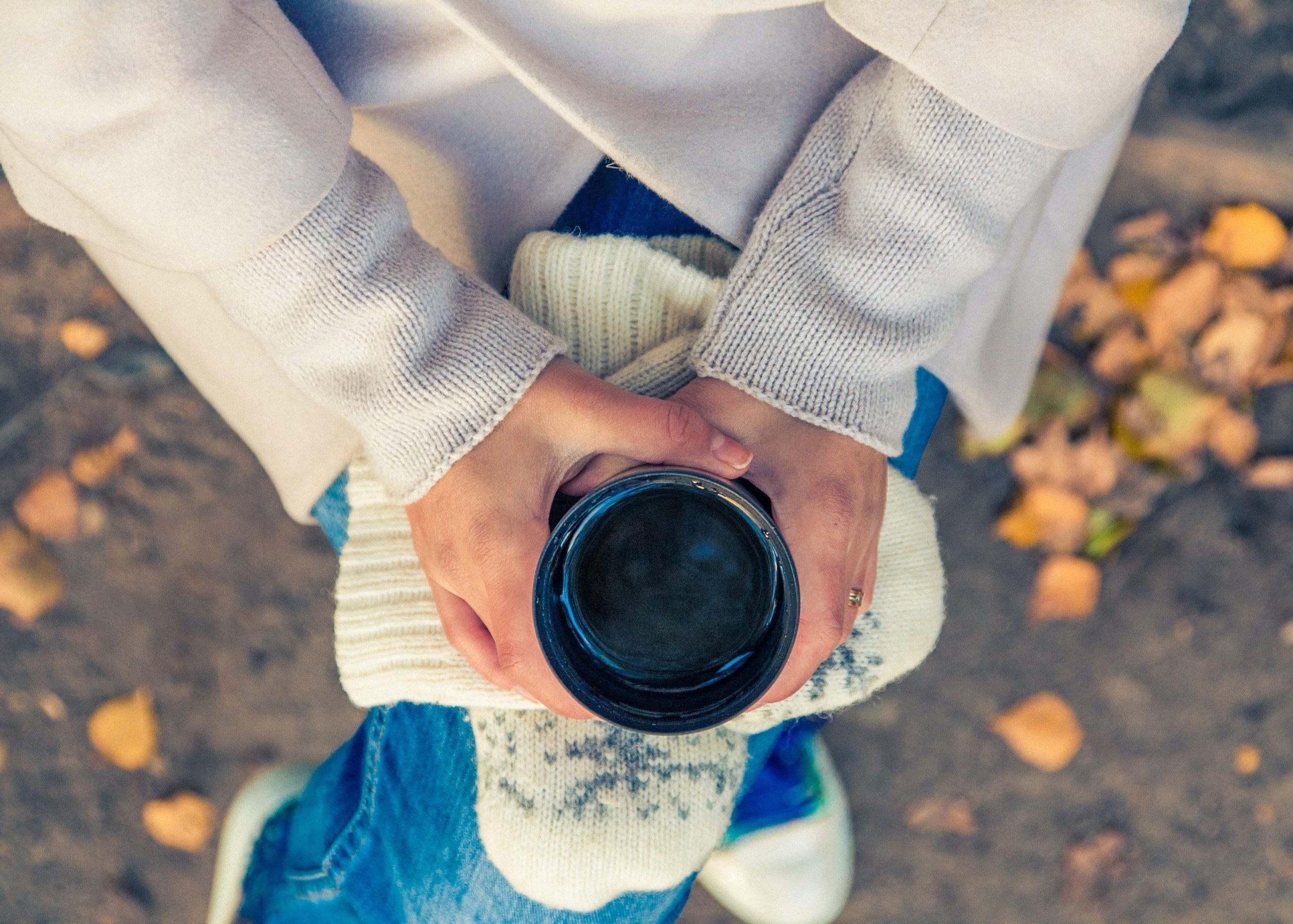
Addiction Support
On this page you will find information about our Addiction Support, and details about how we can support you, and those you care about, through dependency issues.

Hear from Ramneet Gill, a fellow pharmacist, who shares her experiences of overcoming anorexia nervosa and advice for others in a similar situation.
In this blog, she shares with us her experience of beating anorexia nervosa and offers support to anyone who may be struggling with food-related and exercise issues.
What most people find shocking, is that anorexia has the highest mortality rate of any psychiatric disorder, from medical complications associated with the illness as well as suicide. According to Beat, the UK’s eating disorder charity, approximately only 46% of patients with anorexia fully recover.
As a university student studying Pharmacy, I became fixated on ‘clean eating’ and keeping my body weight as low as possible. By heavily restricting my calorie intake, endlessly binge-purging and compulsively exercising, I found myself stuck within a vicious cycle.
A common misconception is that those with an eating disorder are undertaking such behaviours because they seek attention and desire ‘vanity.’ However, my eating disorder stemmed from many things but emotional instability, including stress and anxiety, was a major factor.
Fast forward to now, I am one of the 46% of patients who fully recover from anorexia. However, my journey of recovery was not easy. After two years of receiving help from local NHS eating disorder services and with the support of friends and family, I am now in a relatively happier, safer and positive place. Maintaining a healthier relationship with food and exercise is something I still work on. The difference between myself now and Ramneet two years ago, is that now I have equipped myself with tools to deal with any negative thoughts regarding food and exercise. Below, I have listed my top five ‘tools’:
We always hear other people refer to certain foods which may have higher fat and sugar content as ‘unhealthy.’ This negative connotation is something I try to ignore because if my body wants a packet of crisps, a bar of chocolate or a burger, I will eat it. I remember my dietician outlining the importance of fats in our diet and therefore, I remind myself how fats help my body absorb essential vitamins and keep my skin and hair nurtured. Of course, too much fats in our diets can be problematic but that does not mean that we have to eliminate them completely!
Redefine ‘perfect’ because you are perfect the way you are.Ramneet Gill
When people ask me about my ‘diet’, many are surprised to hear that I do not diet or calorie count. Instead, I eat intuitively and let my body guide me as to what I should eat. It is so easy to become obsessed with counting calories and sometimes, you end up losing concentration at work because your mind is craving certain foods, you are hungry and have very little energy. Also, by counting calories, are you going to be living your best life? No. Enjoy life by going out to eat with your friends, having that ice cream by the seaside and be at peace with food!
I do not see exercising as a way to ‘lose weight fast’ and because ‘I need to.’ During my eating disorder, exercising was tortuous and toxic. Now, I enjoy working out because I want to become stronger both physically and mentally. Exercise gives me a rush of endorphins that makes me proactive and less stressed.
Working Monday to Friday, from 9am to 5:30pm, it can be hard to incorporate exercise into a busy week. However, I try to exercise for thirty minutes, four times a week. I try to add variety to my workouts and sometimes, I will do some yoga because I need that calming headspace. However, do not be too strict on yourself! For example, sometimes I may have a HIIT workout planned but come home from work feeling fatigued and burnt out. I listen to my body and give it rest because by working out, I will be ignoring and neglecting my body’s needs. Remember that rest days are essential and vital. Also, walking about at work, chasing after a train and running up and down endless stairs still count as exercise!
Most days, I try to roughly plan my exercise and meals. I like to make overnight oats topped with almond butter and berries for breakfast the next day because it means I can have an extra twenty minutes of sleep! Additionally, I like to prepare tomorrow’s lunch on the evening before. These lunches tend to consist of: salad, bread roll, packet of crisps, piece of fruit and a chocolate bar (I personally like a twirl bar). By planning ahead, it means that whenever I am stressed out or in a negative headspace, I do not easily fall into the trap of not eating because I do not have the time.
However, I am flexible, and this is key. For example, if I want fish and chips from the hospital canteen, leftover pizza from yesterday’s dinner or another sandwich from M&S for lunch, I will do just exactly that. Also, sometimes my friends and I may make an impromptu plan for dinner at some restaurant and I go along with this because life is about enjoyment. Sometimes, things may not go according to plan and that is perfectly normal!
Everyone’s bodies are different, nobody is the same (apart from identical twins of course). What works for one person may not necessarily work for the other. Comparing yourself to others, including friends and family, is common but it leaves us hating ourselves and desiring what other people have. Having recovered from anorexia, I have learnt to self-love and love my body. I no longer look at my stretch marks and cellulite with disgust but with admiration; they are a part of me.
Scrolling through social media can also be unhelpful: how many times have you wished that you were ‘that woman’ or ‘that man’ because they seem ‘perfect’? Redefine ‘perfect’ because you are perfect the way you are. Unfollow social media accounts that may showcase negative attitudes towards food and exercise and follow those accounts that make you feel good about YOURSELF.
Finally, if you feel that you have an unhealthy relationship with food and/or exercise, please talk to someone. That someone can be a friend, sibling, partner, parent or even your GP. Maintaining a positive wellbeing can be difficult but it makes such a big difference, both physically and mentally. Of course, I still sometimes have bad days but having the tools above really help me to overcome any negative thoughts and establish peace. My motto? Live your best life!
Our page on eating disorders has information on where you can get help. This includes our addiction support which also provides support to people experiencing eating disorders.

On this page you will find information about our Addiction Support, and details about how we can support you, and those you care about, through dependency issues.

Our mission is to champion the wellbeing of our pharmacy family. On these pages you will find guidance and advice on how you can stay mentally healthy and boost your wellbeing.

Whilst it cannot eliminate life's pressures, mindfulness can be a good way of helping people to deal with them in a calmer manner that is beneficial to overall wellbeing.